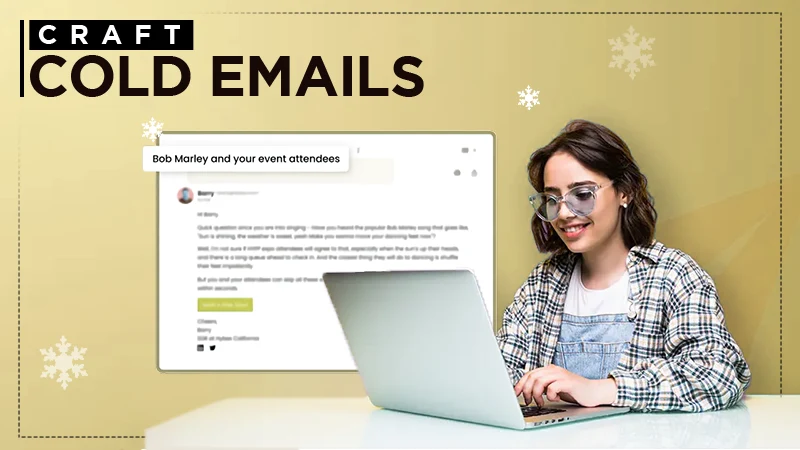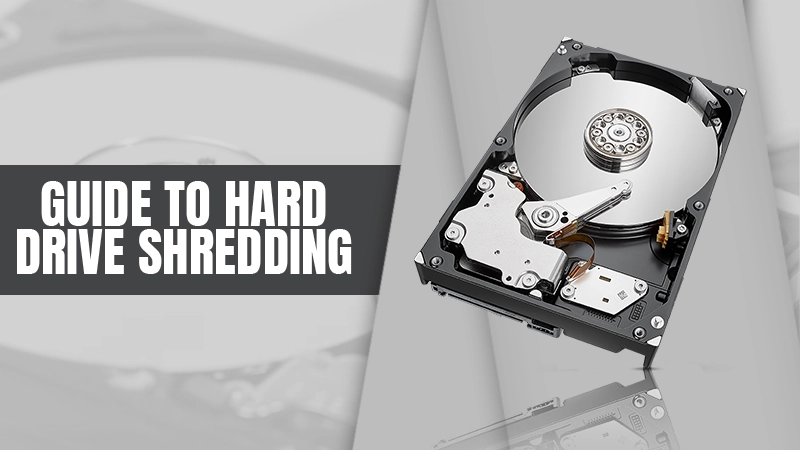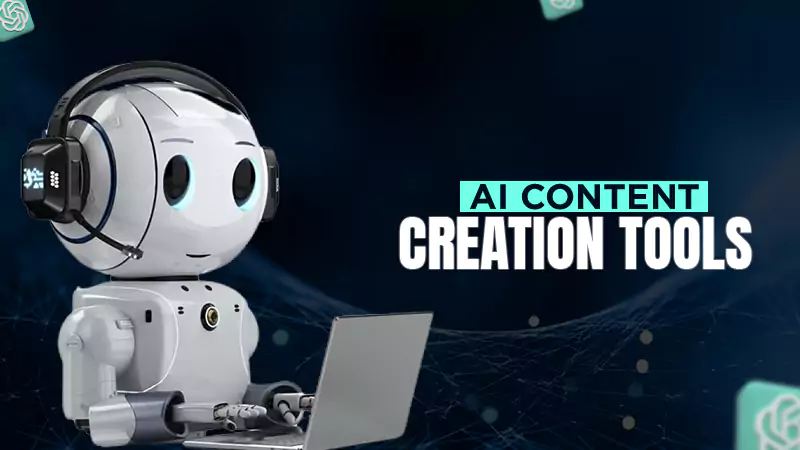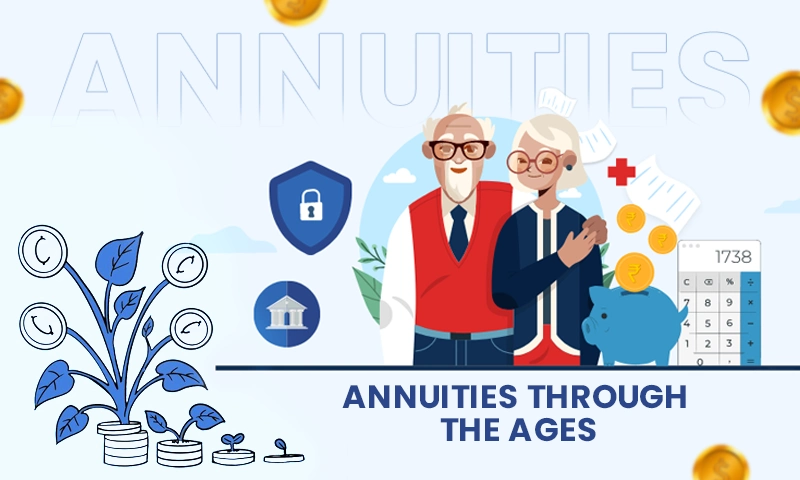Terms, Rules, and Conditions for Web Scraping: A Start-Up’s Guide to Protecting Privacy
Since the introduction of the Internet, it has been increasingly crucial to safeguard personal information from being accessed by unauthorized hackers.
Web scraping is capable of producing useful results, but it also carries the risk of infringing on individuals’ right to privacy.
Web scraping can also be used to acquire sensitive information without the consent of the owner, which can be a violation of privacy regulations in some jurisdictions.
Website owners need to have a comprehensive awareness of the terms, rules, and regulations that are associated with web scraping to safeguard the personal information of their customers and employees.
This blog post will give owners of websites an introduction to the various terms, guidelines, and conditions that are related to web scraping.
What is Web Scraping?
Web scraping is a process of extracting data from websites. It can be used to gather contact information, product details, pricing information, and much more. Scraping is a popular technique among start-ups and small businesses because it’s an efficient way to gather data from multiple sources.
The most common form of web scraping is crawling, which involves visiting each page of a website and recording its contents. Scraping also includes harvesting data from APIs (application programming interfaces), which allows developers to access data from a website without visiting it.
It can be used for a variety of purposes, such as creating an application for research or adding new features to an existing site.
Through web scraping, you can extract data from websites and combine it with other information to create useful insights that your business might need.
On one hand, it can be used for targeted marketing and enhanced functionality for existing sites.
TRCs and Their Importance in Web Scraping
Knowing the Terms, Rules, and Conditions (TRCs) that regulate information sharing on websites is the only way to safeguard your company from unwelcome prying eyes. This is because TRCs define how information can be shared on websites.
Before a user (also known as a scraper) is allowed to extract data from a website, they are required to read and accept the TRC’s terms of service, which are outlined in the document.
This provides the web scraping agency with what kind of data they can collect using their tool, how long it will be retained, as well as other guidelines that they should consider before scraping the website.
Because of this, it’s critical for website owners to maintain track of all the private information on their platform and to keep an eye on web scrapers’ activity.
There was a time when people thought that web scraping was just a harmless activity but now it is clear that this technique can have detrimental consequences for businesses and their customers.
The 3 Types of TRCs You Should Know
The terms and conditions governing web scraping are important because they set the boundaries for what can be done with the data collected.
Here are three types of TRCs that businesses should consider using:
- A privacy-by-design and user data policy (sometimes called a privacy statement) is a set of rules that govern customers of a site, including what information businesses may collect, how they can be used, and the conditions under which they can be shared with others.
- A consent-based agreement is when an individual agrees to share their information with a company in exchange for something like free services or coupons.
- A license agreement outlines how the company can use the information collected from the user.
Of these three, we recommend using a privacy-by-design and user data policy for two main reasons:
- First, it is less restrictive than a consent-based agreement because it does not require users to give up any rights or hand over their personal information
- Second, it has been shown to reduce risk perception because people tend to trust companies that have a privacy policy.
Best Practices for Web Scraping Without Violating Terms, Rules, and Conditions
These are some of the best practices that website owners should put in place in order to educate web scrapers and to avoid web scrapers from inadvertently breaching the terms, regulations, and conditions of the website.
- Data scraping can be a violation of a website’s terms of service, and a scrapper could be banned from the site or sued if they scrape data without permission. Website owners should ensure the website has Terms of Service page explaining whether scraping is allowed or not.
- In order to prevent scrapers from overloading the website, site owners should restrict the number of requests scrapers can make. This will help to guarantee that the website is able to handle the traffic and that users have a good experience while they are there.
- Website owners should take measures to prevent data scrapers from accessing sensitive information. Customers will be unsatisfied if they discover that their personal information has been shared with another organization without their consent.
Some Advice for Scrapers
If you are involved in website scraping, here is some advice that will help you not to violate the terms, rules, and conditions of any website you want to scrape data from:
- First, make sure you have permission from the website owner to scrape the data. Sign an agreement with the website owner to trust your agency’s willingness to abide by the terms and conditions of the site.
- Second, don’t scrape too much data at once so as to not overload the server.
- Third, be respectful of the website’s bandwidth and don’t scrape excessively.
- Fourth, use proper bots and web crawlers so as not to overload the website.
- Finally, make sure to follow any other terms, rules, or conditions the website has in place.
Conclusion
Web scraping is a commercial operation where data is harvested from websites. This data can include personal information which can pose a threat to the privacy of online visitors. Scraping operations can be difficult to detect and may use sophisticated methods to avoid detection. Website owners and operators should be aware of the risks posed by web scraping and take steps to protect their visitors’ privacy.
Unfortunately, most websites don’t have any measures in place to protect their reputation from malicious web scrapers. Page cloaking, using robots.txt, and employing other measures can keep your site secure, and deter those who are trying to steal your users’ information.
Share













